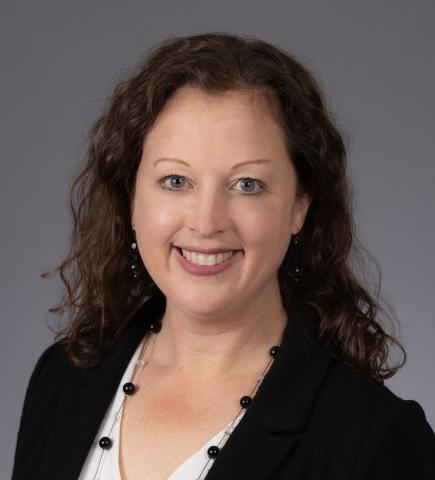Advocacy Strategies for Advancing International Education
On November 1, 2022, NAFSA’s International Education Leadership Knowledge Community held an informative panel discussion on successful strategies to use when advocating for international education, including best practices for working with a government relations office. Panelists included seasoned
Read More

